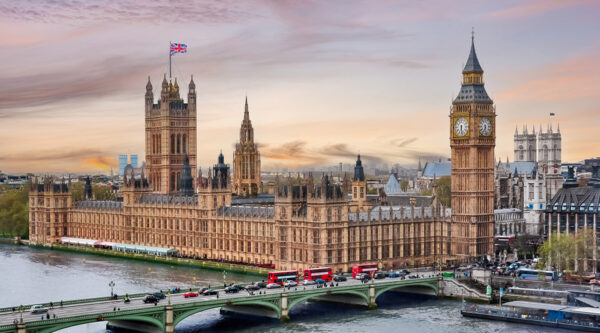

Gifts are useful in inheritance tax (IHT) planning as a means of reducing the value of estates and so minimising your IHT bill.
IHT is payable on the value of a person’s assets in excess of their tax-free allowances at the time they die. It can also be payable on the value of gifts that have made in the seven years prior to death. Something that is often misunderstood is that gifts to be brought into account will include property or possessions, such as a car, and is not just limited to cash. You do not pay IHT on gifts to individuals at the time of giving, no matter how high the value. If you survive for seven years after making a gift it becomes exempt from inheritance tax.
There are also exemptions and allowances for certain gifts.
Gifts to registered UK charities are totally exempt, no matter the value. Likewise, gifts between spouses or civil partners are exempt.
Gifts totalling up to £3,000 in any tax year are free of IHT. It is important to remember that this is a cumulative £3,000 and not £3,000 to any individual. Hence a parent cannot give £3,000 to each of their three children for those gifts to be free of IHT, but can give £1,000 to each every tax year.
Any number of small gifts to an individual of up to £250 are free of inheritance tax. Once this is exceeded it becomes part of the annual £3,000 allowance. Therefore if you gave £500 to each of your grandchildren at Christmas this would have to be included as part of your annual £3,000 gift allowance.
If you have children or grandchildren who are getting married you can give away up to £5,000 to a child, £2,500 to a grandchild or great-grandchild and £1,000 to any other person.
Gifts out of surplus income can also be a useful way of passing your wealth on to family and friends if you are fortunate enough to have surplus income. This allowance is useful where you wish to regularly financially support a family member and you meet the strict criteria.
You need to be able to show on an annual basis that you have income (after income tax) in excess of your expenditure for the year and that you can afford to make these gifts without affecting your standard of living. It is not possible to treat gifts from your capital as gifts from income.
Gifts made in the seven years before you die in excess of your tax-free allowances will be counted back into the value of your estate when calculating the inheritance tax due. These will use up your nil rate band – currently £325,000 – first, and if the cumulative total of taxable gifts in the seven years exceeds this, then tax is payable on those gifts. If tax is due there may be taper relief on the tax due depending on how long you have survived the gift.
It is important to make sure that, if you are giving away property, you do not reserve a benefit. For example if you give your home to a relative but still carry on living there this is a ‘gift with a reservation of benefit’ and therefore the value of your home will still be included in your estate for IHT purposes.
As your executors will have to declare the gifts you have made in the seven years leading up to your death to HMRC it is very helpful if you keep records of all gifts that you have made.
Please don’t let the above put you off making gifts – as very rarely does this increase the inheritance tax payable on your estate. Helping family and friends during your lifetime means that you can enjoy seeing your chosen recipients enjoy their gift.










